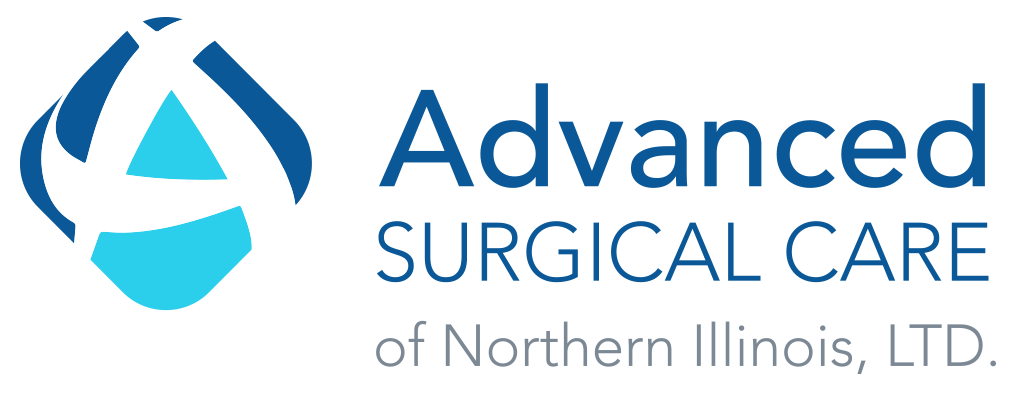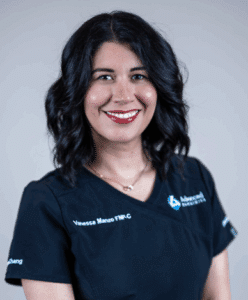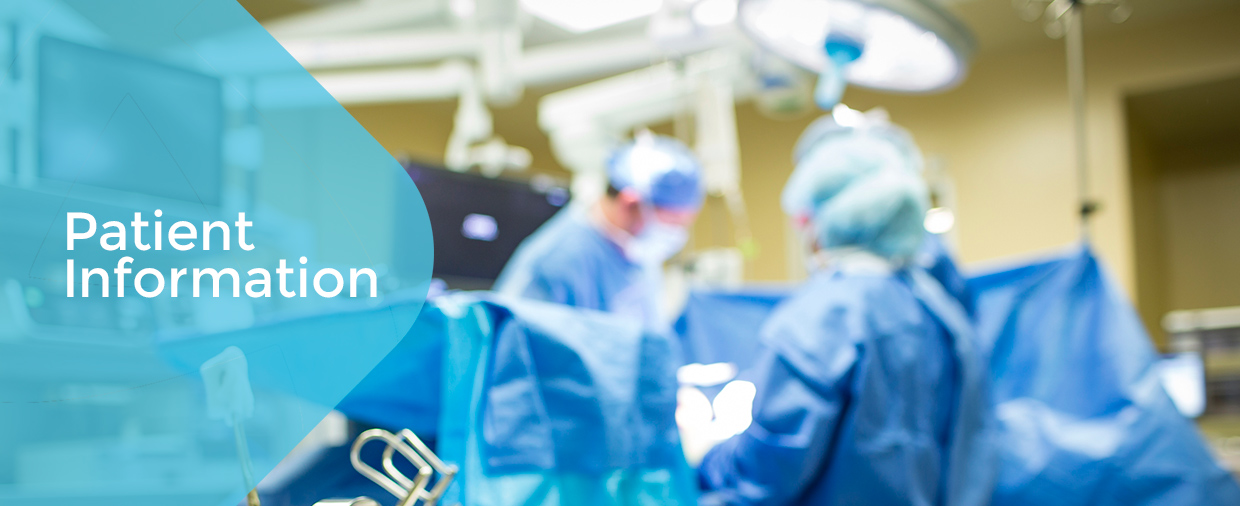Pain Control
It is not uncommon to have discomfort over the first week after your operation. You will be prescribed a NARCOTIC pain medication to help control this pain (Vicodin, Norco, etc). While this medication can be quite effective, it often causes unpleasant side effects including nausea, light-headedness, constipation, etc. Therefore, it is best to limit these medications, and as an alternative, we encourage you to use an ANTI-INFLAMMATORY (either Aleve, Naprosyn, Advil, Motrin or Ibuprofen). These medications can be very effective for controlling your pain as long as you don’t have any sensitivities to these medications or any interactions between this class of medication and any of your current medications. We suggest you use this medication “around the clock” for the first 4-5 days, following the dosing guidelines listed on the over-the-counter bottle. If necessary, you may take both the NARCOTIC and the ANTI-INFLAMMATORY together.
Hospital Stay
Some patients feel up to going home the day after surgery. Most patients are home by the second or third day after surgery. Patients are discharged when their post-operative discomfort is controlled with oral pain medications and they are comfortable with drain care. During your hospital stay, frequent walks and deep breathing exercises will be encouraged.
Wound Care
Gauze will be placed over your incisions and may be held in place by a “breast binder” – a cotton tube top with a Velcro closure in front. You may sponge bathe only when the drains are in place. The drains will be removed in the office usually the week after surgery. The nurses at the hospital will teach you drain care prior to discharge. Your surgeon will let you know when to return to the office for drain removal. Expect some swelling and bruising around your incisions, this will resolve over a few weeks. Blue dye for the sentinel lymph node biopsy may turn your skin blue and will turn your urine blue. While the changes to your urine will resolve in 48 hours, any changes in the breast may take several weeks.
Activity
Please continue your “activities of daily living” with your operated arm but refrain from lifting more than 15 lbs. for the first few weeks. If more than 6 lymph nodes were removed, your surgeon will explain exercises at your post-op check. Most patients can drive within one week after surgery, as long as you have not used any narcotic pain medication for 48 hours.
Diet
There are no diet restrictions after surgery, although some people may experience nausea from the anesthesia and or pain medication.
Return to Work
Everyone’s recovery and job is a little bit different-therefore, we like to tailor our recommendations around your specific situation. In general, if you have a “desk job” you may return to work in 5-10 days. If your work requires significant lifting, you may be cleared for “light-duty” in 5-10 days but may not return to full activity for 3-6 weeks. We will complete all necessary paperwork for your work to justify this time off. Please contact our office staff to help assist with this process.
Travel
We recommend no airline travel for 2 weeks after surgery.
Post-Operative Questions
Please contact our office to arrange for an office visit after surgery. Our clinical staff is available Monday through Thursday from 8am to 5 pm and Friday from 8am to 4pm to answer any questions. In the event of an emergency, our physicians are available 24/7.
L.Dex
Patients can call the Rehab Services Department to schedule a pre- or post-op appointment with a Physical or Occupational Therapist at Advocate Good Shepherd Hospital for a lymphedema surveillance evaluation. The therapists can be reached at 847-620-4571.







